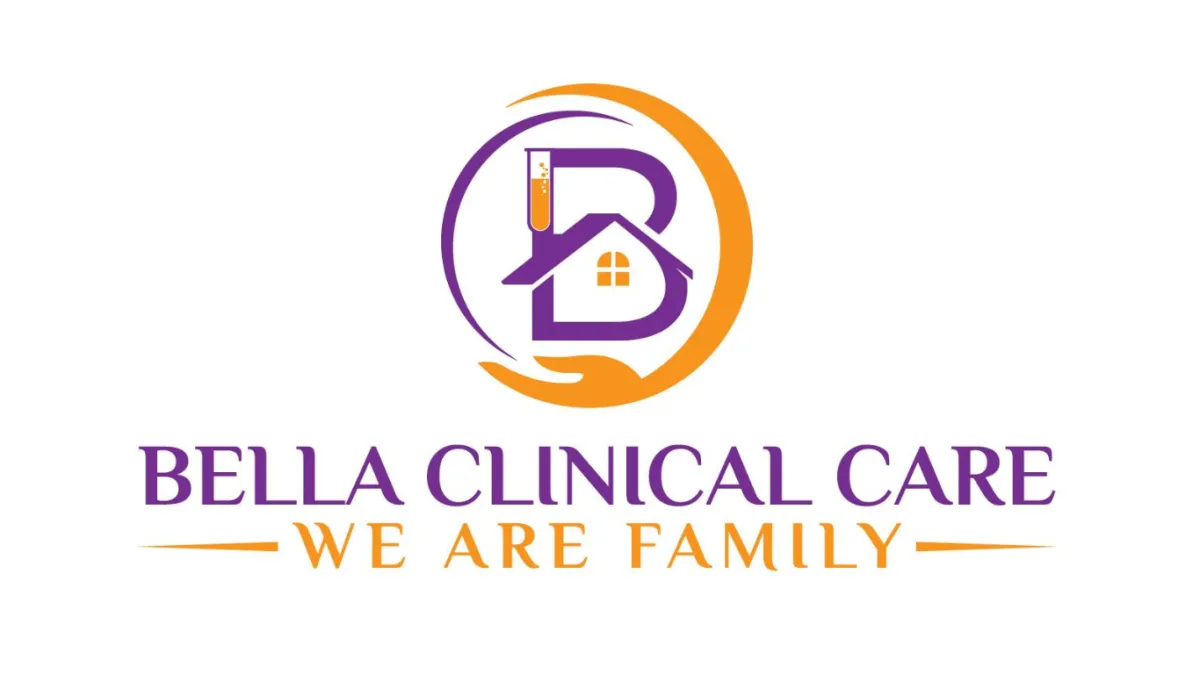1345 Garner Ln, Ste 301-A, Columbia, SC 29210

The 5 Most Common Symptoms of Diabetes: Recognize the Signs Early
The 5 Most Common Symptoms of Diabetes: Recognize the Signs Early
Diabetes is a chronic condition that affects millions of people worldwide. Early detection can make a significant difference in managing the disease and maintaining quality of life. Understanding and identifying the common symptoms of diabetes can empower you to seek medical assistance sooner. Here at Bella Clinical Care, we’re dedicated to supporting you with health insights and care options to help you take control of your health. Let’s dive into the five most common symptoms of diabetes and how you can identify them early.

1. Frequent Urination (Polyuria)
One of the hallmark symptoms of diabetes is frequent urination, medically known as polyuria. When blood sugar levels are elevated, the kidneys work overtime to filter and absorb the excess glucose. However, when they can’t keep up, the excess glucose is excreted through urine, leading to increased urination. If you find yourself needing to go more often, especially at night, it may be time to get your blood sugar checked.
2. Increased Thirst (Polydipsia)
Hand-in-hand with frequent urination is excessive thirst, or polydipsia. This is the body’s response to the increased fluid loss through urination. You may feel a constant need to drink, but you still experience a dry mouth or throat, no matter how much you consume. If you’ve noticed an increase in your thirst without any particular reason, it’s worth discussing with a healthcare provider.
3. Extreme Fatigue
Feeling tired from time to time is normal, but diabetes-related fatigue is often intense and constant. When your body can’t process glucose properly, your cells don’t get the energy they need, leaving you feeling drained. This fatigue can be persistent, affecting your daily activities and overall quality of life. If you're experiencing unexplained exhaustion, diabetes may be a contributing factor.
4. Blurred Vision
High blood sugar levels can affect the tiny blood vessels in your eyes, leading to vision changes. This symptom may present as occasional blurriness or difficulty focusing, and while it’s often reversible with proper diabetes management, untreated high blood sugar can eventually lead to more severe eye complications. If you notice any changes in your vision, it’s essential to have it evaluated promptly.
5. Slow-Healing Sores or Frequent Infections
Elevated blood sugar levels can impair circulation and weaken your immune response, causing cuts, sores, and infections to heal more slowly than normal. This is especially noticeable in areas prone to injury, such as your feet. Individuals with diabetes may also experience frequent infections, such as urinary tract or skin infections. If you notice wounds that aren’t healing or recurring infections, seek medical advice.

Taking Action Early: When to See a Healthcare Provider
If you recognize any of these symptoms, it’s essential to seek medical advice. Bella Clinical Care is here to support you with comprehensive diabetes testing and management options. Early diagnosis allows you to manage the disease effectively and reduce the risk of complications.
Our Diabetes Care Services
At Bella Clinical Care, we offer tailored diabetes screening and management plans. From routine blood glucose tests to personalized treatment strategies, our goal is to support you on your health journey. Whether you're at risk for diabetes, recently diagnosed, or seeking better management, our team is here for you.
By identifying these symptoms early, you’re taking the first steps toward proactive health management. If you have any questions or need assistance with diabetes care, don’t hesitate to reach out to Bella Clinical Care. We’re here to support you every step of the way.
Contact us today to schedule your consultation and take charge of your health with confidence!
Call us at 803-489-8777
References:
Centers for Disease Control and Prevention (CDC)
CDC provides comprehensive information on diabetes symptoms, complications, and management.
https://www.cdc.gov/diabetes/basics/symptoms.htmlNational Institute of Diabetes and Digestive and Kidney Diseases (NIDDK)
NIDDK offers insights into diabetes signs, risk factors, and prevention.
https://www.niddk.nih.gov/health-information/diabetes/overview/symptoms-causesAmerican Diabetes Association (ADA)
ADA discusses common diabetes symptoms and early warning signs.
https://www.diabetes.org/diabetes/symptomsMayo Clinic
Mayo Clinic provides detailed descriptions of diabetes symptoms, types, and treatment options.
https://www.mayoclinic.org/diseases-conditions/diabetes/symptoms-causes/syc-20371444Johns Hopkins Medicine
Johns Hopkins covers diabetes symptoms, including less common signs and complications.
https://www.hopkinsmedicine.org/health/conditions-and-diseases/diabetesCleveland Clinic
This resource explains symptoms of both type 1 and type 2 diabetes, along with prevention tips.
https://my.clevelandclinic.org/health/diseases/7104-diabetes-mellitus-an-overviewDiabetes Research Institute Foundation
The foundation provides information on identifying early symptoms of diabetes and managing the disease.
https://www.diabetesresearch.org/what-are-the-warning-signs-of-diabetesAmerican Association of Clinical Endocrinology (AACE)
AACE covers the symptoms, complications, and care standards for diabetes.
https://www.aace.com/disease-and-conditions/diabetes





Facebook
Instagram
LinkedIn
TikTok